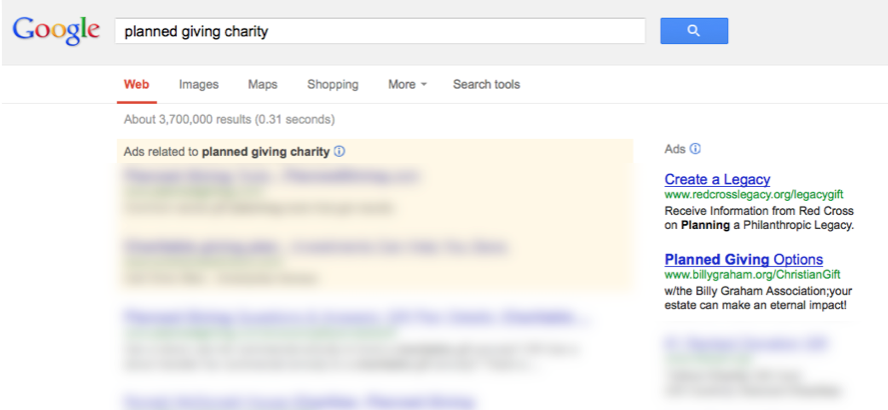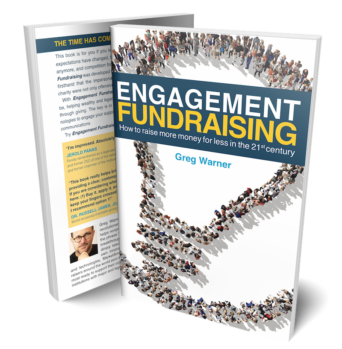We use cookies to ensure that we give you the best experience on our website. By continuing to use this site, you agree to our use of cookies in accordance with our Privacy Policy.
 Login
Login
Your Role
Challenges You Face
results
Learn
Resources
Company
Why you should simply make your planned giving messages simple.


Recently a client asked me to review and critique a fundraising letter. It was written by one of her committee members. Can you say, “awkward position!”
To say that the author and the target audience is highly educated would be an understatement.
Well, as you might have guessed, I did it anyway. And here’s what I told her:
- The sentences are too long
- The sentence structure is too complex
- The words are too sophisticated (lots of 3 to 4 syllable words)
- There’s no emotional story
- There’s no call all to action
- And, there’s no urgency
“Bottom line,” I told her, “the letter is just too difficult to understand.”
“But the audience is very highly educated,” she replied. “They have graduate degrees and doctorates.”
“So what?” I told her.
Here’s the thing folks… You should write your appeals at about a 4th – 6th grade level. Simple sentences. Simple sentence structure. Simple words. Add a story. Add a call to action. And add some urgency… and you have a solid letter.
Why? Simply stated… it’s a matter of courtesy. Supporters of you mission can get sophistication from a bottle of wine or a good book. But when it comes to your letters, they just want to know what the problem is and how they can help.
You won’t impress anyone by complicating your appeal. And you won’t insult them if you make it simple. In fact, simplicity will actually help you deliver your message more effectively. Then, your donors will respond because you made it easy to understand.
Take a look at Google— arguably the most successful advertising business in the world. And how many characters are you allowed when you advertise there?
- Ad headline- 25 characters
- Description lines (you get 2 lines and that’s it!)- 35 characters per line
The Red Cross uses Google AdWords all yearlong (see a sample below on the right).

How about Twitter?- 140 characters to get your message across
You can’t argue with success. These new media are successful because they keep it simple so people will respond. You should do the same. Even when you are marketing planned gifts.
Save all the legalese and confusing babble about the benefits of a sophisticated, tax-saving gift instrument. Focus on bequests. Speak in plain English.
Your donors will thank you by responding and leaving gifts.
Did you benefit from this blog post? If yes, please share it!
Get smarter with the SmartIdeas blog
Subscribe to our blog today and get actionable fundraising ideas delivered straight to your inbox!
